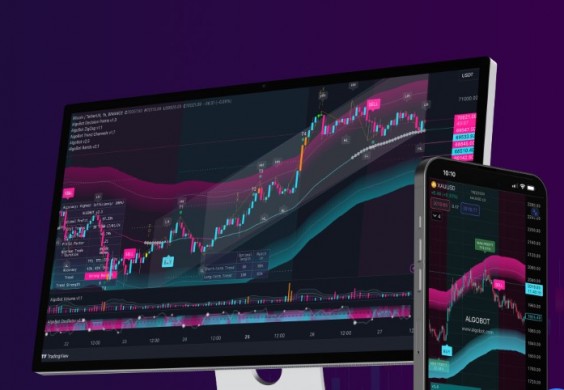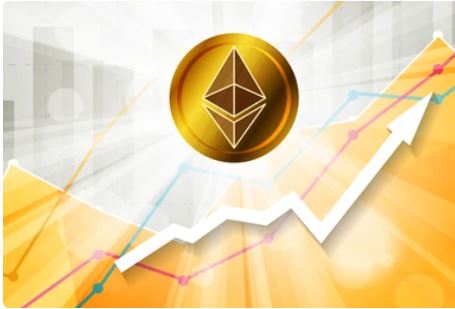Solana network has long established itself as one of the leaders in the list of high-speed and permanent blockchains. For developers and enthusiasts wanting to experience this network’s scalability, accessing reliable RPC nodes is essential. These nodes is the most important component when it comes to executing transactions, retrieving data, and deploying programs. For those looking for high-speed Solana RPC nodes, using node providers may be the best bet. Let’s explore the advantages and take a closer look at one of these providers.
Introduction to Solana RPC Nodes
Remote Procedure Calls (RPCs) are mechanisms that allow a program to cause a procedure to execute in another address space, commonly, another physical machine. The primary advantage of these protocols is that they simplify the communication process, making the remote execution appear similar to local execution.
When applied to blockchain technology, RPCs allow users, developers, and decentralized apps (dApps) to access data from blockchains and run code on remote servers – or nodes, in the case of blockchain. In other words, using RPC nodes allows developers and teams to interact with the blockchain without maintaining their own infrastructure.

In this light, RPC nodes are critical components of the Solana ecosystem. They handle the communication between users and the blockchain, processing requests and delivering responses quickly. Given the network’s focus on speed and efficiency, having access to high-performance RPC nodes is essential for integrating this network’s features into powerful dApps.
How Many Nodes Does Solana Have?
The SOL network is supported by a large and ever-growing number of nodes. According to data by Solana Compass, the network currently consists of over 5,300 nodes, contributing to the network’s decentralization and security, located across 49 countries of the world.
Users can choose to run their own node and add to this global map of nodes or opt for RPC node providers like GetBlock, which offer high-speed Solana RPC nodes, providing seamless access to Web3 infrastructure.
Why Use GetBlock for Solana RPC Nodes?
GetBlock is one of the leading platforms in the Web3 infrastructure market that offers access to an array of blockchain APIs, including Solana nodes. Here’s what makes the service a preferred choice for developers and users:
- High-speed performance: RPC providers have the resources and expertise to maintain high-performing RPC nodes, ensuring that user transactions and queries are processed swiftly. This is particularly important for applications that require real-time data and rapid transaction processing.
- Reliability: GetBlock’s infrastructure is designed to minimize downtime and ensure consistent access to the SOL network. This reliability is particularly important for maintaining the performance and availability of dApps.
- Ease of use: The platform offers a user-friendly platform that makes it easy to access API and connect to the SOL blockchain.
- Scalability: The platform supports a large number of nodes distributed widely across different locations, making it adaptable to the needs of not only small projects but also large-scale enterprises.
- Full support: GetBlock provides extensive documentation and support, helping users navigate any issues they might encounter while using RPC nodes.
In general, the level of the service infrastructure providers can offer ensures users can get the most out of their blockchain interactions without significant hurdles.
Free Solana RPC Nodes
For those looking to explore the blockchain without initially committing to a paid service, GetBlock offers free Solana RPC nodes. This option allows users to test the waters and understand the benefits of using such services before opting for a premium plan. The free nodes provide all the essential functionalities and are a great way to start building and experimenting with the SOL network.
Getting Started with Solana RPC Nodes on GetBlock
To start using RPC nodes on GetBlock, follow these simple steps:
- Sign up: Create an account on the GetBlock platform.
- Select the network: Navigate to the list of available nodes and select Solana.
- Choose your plan: Decide whether to use the free plan or opt for a premium plan based on your requirements.
- Generate Access Tokens: Obtain your API access to nodes.
- Integrate: Use the provided API to integrate node functionality into your application or project.
With these steps, users can seamlessly connect to any of the supported networks and start leveraging the power of high-speed RPC nodes for their blockchain needs.
Conclusion
Accessing high-speed RPC nodes is essential for anyone looking to interact with the Solana blockchain efficiently. Node-as-a-Service providers offer a reliable and user-friendly solution for accessing these nodes, providing both free and premium options to cater to various needs. Whether you’re developing dApps, executing transactions, or simply exploring Solana, services like GetBlock ensure you have the tools necessary to succeed.


















